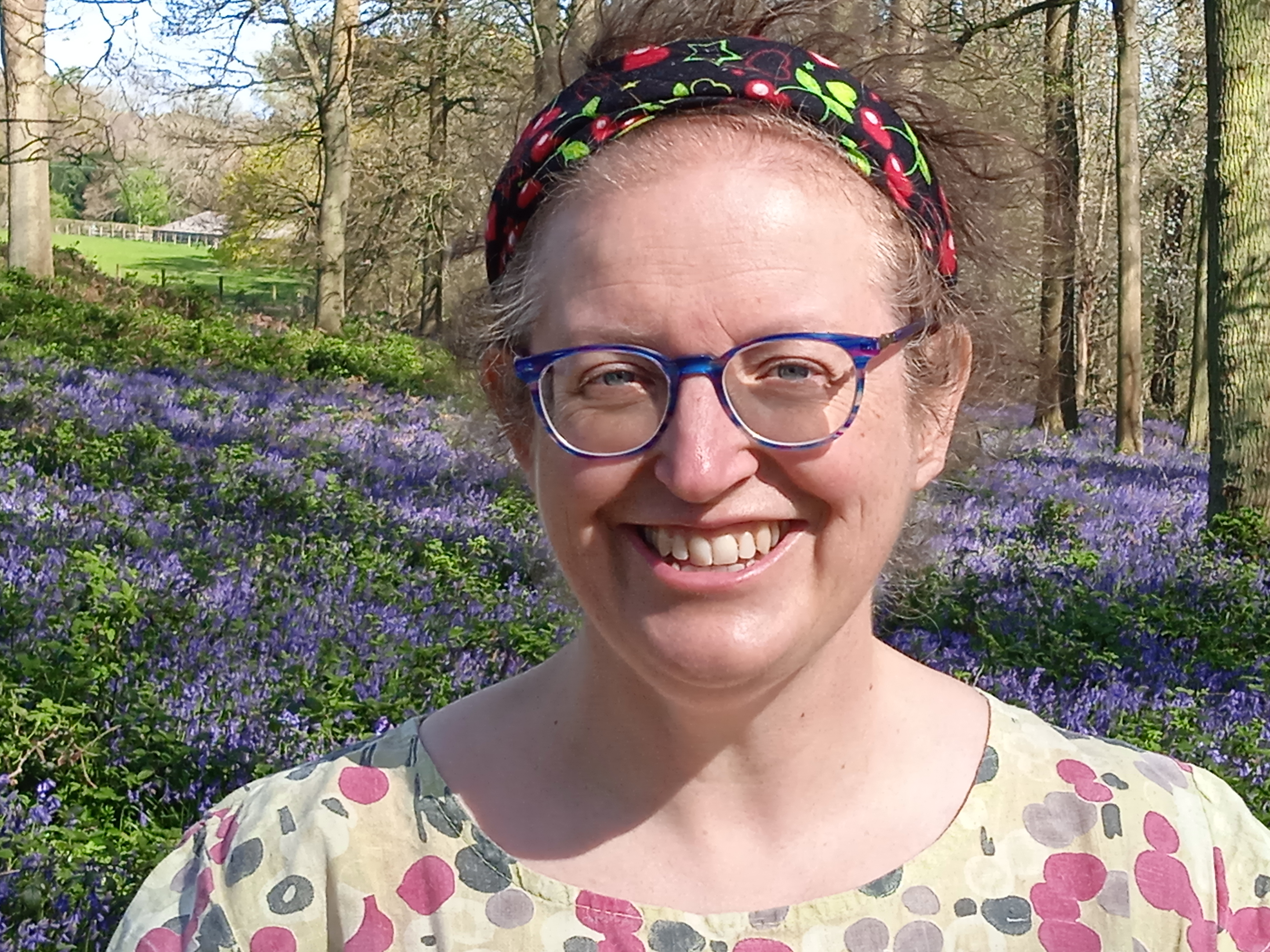

Awards and Prizes for outstanding contributions published in the Society’s journals
The Buchan Prize is awarded annually to members of the Society for a paper or papers published in the previous five years in the Quarterly Journal, the International Journal of Climatology or Atmospheric Science Letters and adjudged to contain the most important original contribution or contributions to meteorology.
The Adrian Gill Prize is named after the Australian meteorologist and oceanographer. It is awarded annually to a member of the Society who has made a significant contribution, in the preceding five years and in the specified fields, and who has also been an author of a paper(s) in the Society’s journals. The specified fields are those that interface between atmospheric science and related disciplines. These related disciplines include oceanography, hydrology, geochemistry and numerical methodologies.
2020 Awards & Prizes
- Distinguished work and careers
- Outstanding contributions published in the Society’s journals
- Original research, innovation and significant contribution to meteorology and its application
- Original contributions of early-career scientists
- Outstanding contribution in public outreach and communication
- Outstanding contribution or service to the Society or the Society’s journal Weather
- Journal Editor's Awards
Buchan Prize
Dr Antje Weisheimer

Dr Antje Weisheimer is a world leader in the field of seasonal climate prediction and predictability. Dr Weisheimer’s pioneering research has shown conclusively that the predictability of the climate system on seasonal timescales is not a climatically stationary quantity, but exhibits significant multi-decadal variability. In this way, Dr Weisheimer’s work has spawned a new area of climate dynamics where decadal and seasonal timescale dynamics interact.
These two papers, published in the Quarterly Journal, describe results from a novel approach to quantifying seasonal predictability:
- Weisheimer, A., N. Schaller, C. O'Reilly, D. MacLeod and T.N. Palmer (2017). Atmospheric seasonal forecasts of the 20th Century: multi-decadal variability in predictive skill of the winter North Atlantic Oscillation and their potential value for extreme event attribution. Q. J. R. Meteorol. Soc., 143, 917-926, doi:10.1002/qj.2976
- Weisheimer, A., D. Decremer, D. MacLeod, C. O’Reilly, T.N. Stockdale, S. Johnson and T.N. Palmer (2018). How confident are predictability estimates of the winter North Atlantic Oscillation? Q. J. R. Meteorol. Soc., doi:10.1002/qj.3446
In this approach, conceived and executed by Dr Weisheimer, ensembles of seasonal reforecasts were run over the entire 20th Century using reanalysis data for initial conditions. In these papers, it was shown not only how seasonal skill scores of the North Atlantic Oscillation exhibit significant multi-decadal variability, but also how the mid-20th century period shows none of the underestimates of “signal-to-noise” that occur in the later (or indeed earlier) periods. This provides important clues to understanding the dynamical origin of the so-called signal-to-noise paradox. Results from Dr Weisheimer’s papers also emphasise the practical importance of testing seasonal forecast systems over sufficiently long multi-decadal periods, in order that such systems can be considered trustworthy in prediction mode.
Dr Weisheimer’s papers have enormous theoretical and practical significance and have had considerable impact in the community. The research leading to these papers was guided by her strong belief in the development of seamless weather and climate systems.
For this research, Dr Weisheimer is a very worthy awardee of the Royal Meteorological Society’s Buchan Prize.
|
|---|
Adrian Gill Prize
Professor Sarah Dance

Professor Sarah Dance has been awarded the Royal Meteorological Society’s Adrian Gill Prize for her world-leading research in data assimilation, the mathematical technique for the fusion of observations with state-of-the-art computational models. Her work on the fundamental mathematical theory and novel methods for data assimilation for hazardous weather and flood prediction has been transformational in bringing together the disciplines of mathematics, numerical weather prediction and hydrology.
Professor Dance is Professor of Data Assimilation at the University of Reading where she has a joint appointment between the Department of Meteorology and the Department of Mathematics and Statistics and leads a thriving research group in data assimilation for numerical weather prediction. She also holds an EPSRC Senior Fellowship in Digital Technology for Living with Environmental Change. Professor Dance works in close collaboration with a range of international partners including the Met Office, ECMWF, NASA, the Environment Agency and forecasting centres around the world. She publishes widely in Royal Meteorological Society publications.
Professor Dance’s work has made leading, original contributions to the field of data assimilation, which combines forecast model data with heterogeneous observations to provide gridded information on variables such as temperatures, pressures, winds and humidity across a domain of interest. Mathematically, the assimilation problem is a large Bayesian statistical estimation problem, where the observations and model data are weighted by their respective uncertainties. It is crucial to the accuracy of the forecast that the observation and model error statistics are correctly specified. The relationships (or “correlations”) between the errors in neighbouring observations are difficult to estimate, however, and have previously been neglected in data assimilation. Better characterisation and treatment of observation uncertainty is thus an important research question. The pioneering work of Professor Dance has demonstrated the importance of accounting for observation error correlations, established mathematical methods to quantify observation error correlations, developed new theoretical understanding of these methods and shown how they can be implemented in operational practice.
Her work has had major impact on operational practice in meteorology. Because of the unknown error characteristics of the observational data, weather centres have previously found it difficult to achieve full value from expensively acquired satellite and radar observations. The methods that Professor Dance and her team have developed for estimating observation error statistics have enabled significant improvements in forecast accuracy and have been incorporated into operational weather prediction systems at major international weather centres and other institutions throughout the world, including the Met Office, ECMWF, US Naval Research Laboratory, NASA, US National Center for Environmental Protection and the German Weather Service (DWD), and has been developed for use by Japanese weather agencies. The research has also influenced strategic developments in system enhancement and diagnostic activities, as well as training at these centres.
|
|---|

